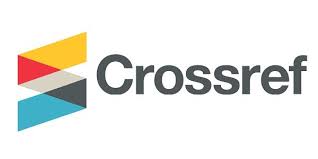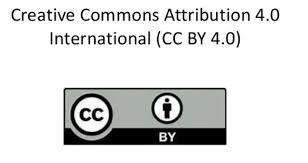Yield and grading of potato tuber for processing purpose as affected by vermicompost and potassium sources
DOI:
https://doi.org/10.47440/JAFE.2021.2210Keywords:
Vermicompost, potassium source, grading, potatoAbstract
Gradding of potato tuber for different processing purposes may reduce the main constraints of establishing export industry in Bangladesh. From this perspective the experiment was conducted to assess the effect of potassium sources and vermicompost level on yield and grading of potato tuber. The potato tuber of variety BARI Alu-25 (Asterix) was used as the planting material for this experiment. The experiment consisted of two factors: Factor A: 3 sources of Potassium such as-K1: KCl, K2: KNO3, K3: K2SO4; Factor B: 4 levels of vermicompost such as-Vm0: 0 t ha-1 , Vm1: 4 t ha-1 , Vm2: 8 t ha-1 and Vm3: 12 t ha-1 . The two factor experiment was laid out in a split-plot design with three replications. The highest yield of potato tubers (27.86 t ha-1 ) was recorded from K2SO4, whereas, the lowest (26.02 t ha-1 ) was found from KNO3. The number of tubers hill-1 , average tuber weight, yield and different categories of potato tuber were increased with the increasing of vermicompost level. Among the 12 treatment combinations, the highest yield of potato tubers (31.17 t ha-1 ) were found from K3Vm3, whereas, the lowest (22.09 t ha-1 ) was recorded from K2Vm0. However, K1Vm2, K1Vm3, K3Vm2, K3Vm3 showed statistically similar results regarding yield and grading. So, K2SO4 or KCl as a source of potassium and 8 or 12 ton vermicompost ha-1 was found to be better in respect of yield and grading of potato tubers compared to the other treatments. Among potassium sources, KCl may be economic and will found available for producing good quality potato in Bangladesh.






 Publisher:
Publisher: 